Is It ADHD? 8 Subtle Symptoms In Adults
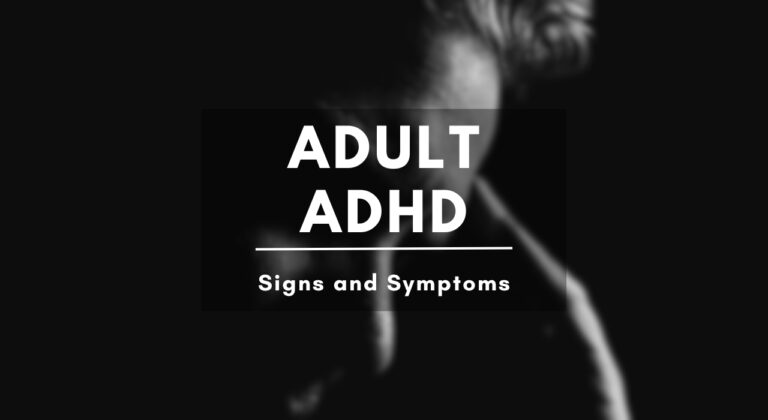
Table of Contents
Difficulty with Time Management & Prioritization (Adult ADHD Symptom)
Time blindness, procrastination, and difficulty initiating tasks are common hallmarks of ADHD in adults. Unlike children, who might show hyperactivity, adults with ADHD often struggle with internal disorganization and a distorted sense of time. This leads to consistent challenges with meeting deadlines and prioritizing responsibilities. The experience of "time blindness" – where time seems to slip away without awareness – is a significant contributor to this struggle.
- Frequently missing deadlines: Even with reminders, consistently failing to meet deadlines is a potential sign.
- Procrastinating on even small tasks: Putting off minor tasks can snowball into larger issues, leading to overwhelming feelings.
- Feeling overwhelmed by seemingly manageable to-do lists: Simple tasks can feel insurmountable, leading to avoidance.
- Difficulty estimating how long tasks will take: Underestimating the time required for tasks leads to consistent lateness and unfinished projects. This relates directly to poor time management skills associated with adult ADHD.
Problems with Organization and Planning (Adult ADHD Symptom)
Disorganization and planning difficulties are prevalent among adults with ADHD. This isn't simply messiness; it's a deeper issue rooted in executive dysfunction – the brain's ability to plan, organize, and execute tasks. This can manifest in various aspects of life, significantly impacting productivity and well-being.
- A consistently cluttered workspace or home: A cluttered environment reflects an internal struggle with organization and prioritization.
- Difficulty following instructions with multiple steps: Complex instructions can be easily misinterpreted or forgotten.
- Losing or misplacing important items frequently: This impacts efficiency and can lead to frustration and stress.
- Struggling to create and stick to a schedule: Schedules often go unfollowed, resulting in missed appointments and feeling overwhelmed.
Restless and Easily Distracted (Adult ADHD Symptom)
While hyperactivity is less pronounced in adults, restlessness and distractibility are common. This can manifest as internal restlessness, difficulty focusing on conversations or tasks, and frequent mind-wandering. This constant internal "noise" can be incredibly draining.
- Feeling restless and fidgety, even when seated: A constant need for movement or activity is a potential indicator.
- Difficulty concentrating during conversations or tasks: Attention drifts easily, leading to missed information or incomplete tasks.
- Frequently switching tasks before completing them: This leads to a sense of incompletion and frustration.
- Easily distracted by external stimuli or internal thoughts: External noises or internal thoughts interrupt concentration consistently.
Emotional Dysregulation (Adult ADHD Symptom)
An emotional rollercoaster is a common experience for many adults with ADHD. Emotional lability, characterized by rapid and intense shifts in mood, can lead to challenges in relationships and managing daily stressors. This isn't simply moodiness; it's a struggle with regulating emotional responses.
- Experiencing intense mood swings: Sudden shifts from happiness to sadness or anger are characteristic.
- Difficulty managing frustration or anger: Small frustrations can trigger disproportionate emotional responses.
- Increased sensitivity to criticism or rejection: Criticism is perceived more intensely than in those without ADHD.
- Prone to impulsive emotional reactions: Reactions are often immediate and without thoughtful consideration.
Forgetfulness and Memory Issues (Adult ADHD Symptom)
ADHD can significantly impact short-term memory and working memory, leading to forgetfulness and difficulties remembering appointments, names, and information. This impacts daily life, making it difficult to manage responsibilities and build strong relationships.
- Frequently forgetting appointments or commitments: Missed appointments become a regular occurrence.
- Difficulty remembering names or faces: Social interactions can become challenging due to memory lapses.
- Misplacing items regularly: This can create stress and disruption in daily routines.
- Struggling to recall details from conversations: Important information might be missed or forgotten quickly.
Impulsivity and Risk-Taking (Adult ADHD Symptom)
Impulsivity in adults with ADHD can manifest in various ways, from financial impulsiveness to risky behaviors in relationships or other areas of life. The lack of thoughtful consideration before acting can lead to negative consequences.
- Making quick decisions without considering consequences: Acting without thinking through the potential outcomes.
- Engaging in impulsive spending or shopping: Uncontrolled spending habits can create financial instability.
- Difficulty controlling emotional outbursts: Emotional responses are often immediate and uncontrolled.
- Taking unnecessary risks: Engaging in risky behavior without fully assessing the potential dangers.
Low Self-Esteem and Difficulty with Self-Criticism (Adult ADHD Symptom)
The consistent struggles with organization, time management, and other ADHD symptoms can contribute to low self-esteem and self-criticism. Adults with ADHD often feel inadequate and experience persistent self-doubt.
- Chronic feelings of inadequacy or self-doubt: A constant feeling of not being good enough.
- Frequent self-criticism and negative self-talk: Harsh inner dialogue that reinforces negative feelings.
- Perfectionism masking underlying insecurities: Perfectionism can be a defense mechanism against feelings of inadequacy.
- Difficulty celebrating accomplishments: Downplaying achievements and focusing on shortcomings.
Problems with Relationships (Adult ADHD Symptom)
ADHD symptoms can significantly impact relationships, leading to misunderstandings and conflict. Challenges with communication, emotional regulation, and impulsivity can strain relationships with partners, friends, and family.
- Frequent arguments or disagreements with loved ones: Misunderstandings and miscommunication lead to conflict.
- Difficulty maintaining close relationships: The strain of managing ADHD symptoms can make it hard to build and maintain strong bonds.
- Feeling misunderstood or judged by others: A feeling of not being seen or understood by loved ones.
- Challenges with communication and emotional intimacy: Difficulties expressing emotions and connecting deeply with others.
Conclusion
Experiencing several of these subtle symptoms doesn't automatically mean you have ADHD. However, if you're concerned about your symptoms impacting your daily life, it's crucial to seek professional evaluation. A healthcare professional or psychiatrist can provide a proper diagnosis and discuss ADHD treatment options. Don't let undiagnosed ADHD impact your life any longer. Schedule an appointment today to explore whether adult ADHD might be contributing to your challenges. Learn more about adult ADHD diagnosis and treatment options now.

Featured Posts
-
 Internets Reaction To Jeff Goldblums Oscar Photo Review Relatable And Hilarious
Apr 29, 2025
Internets Reaction To Jeff Goldblums Oscar Photo Review Relatable And Hilarious
Apr 29, 2025 -
 Missing Person British Paralympian Sam Ruddock Vanishes In Las Vegas
Apr 29, 2025
Missing Person British Paralympian Sam Ruddock Vanishes In Las Vegas
Apr 29, 2025 -
 Blue Origins Subsystem Malfunction Leads To Launch Cancellation
Apr 29, 2025
Blue Origins Subsystem Malfunction Leads To Launch Cancellation
Apr 29, 2025 -
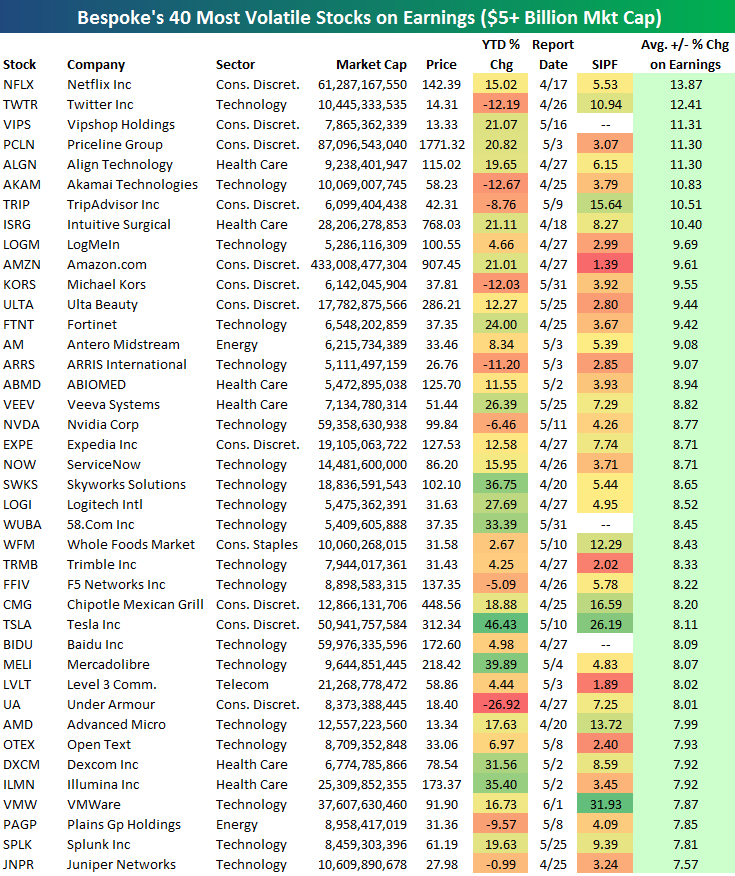 Ambanis Reliance Beats Estimates How It Affects Indian Large Cap Stocks
Apr 29, 2025
Ambanis Reliance Beats Estimates How It Affects Indian Large Cap Stocks
Apr 29, 2025 -
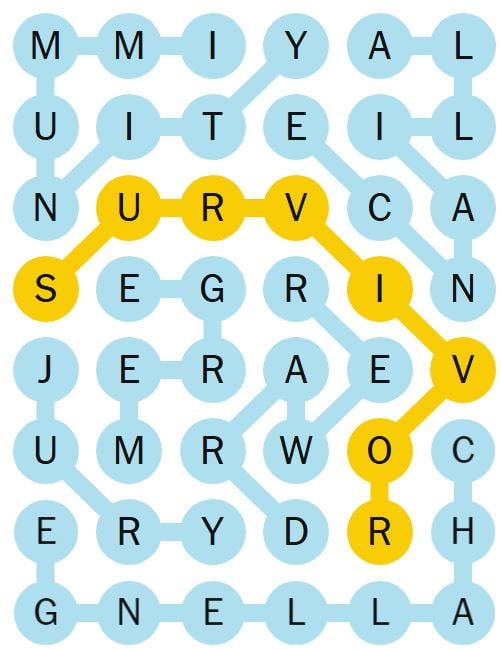 Nyt Spelling Bee February 28 2025 Complete Answers And Spangram
Apr 29, 2025
Nyt Spelling Bee February 28 2025 Complete Answers And Spangram
Apr 29, 2025
Latest Posts
-
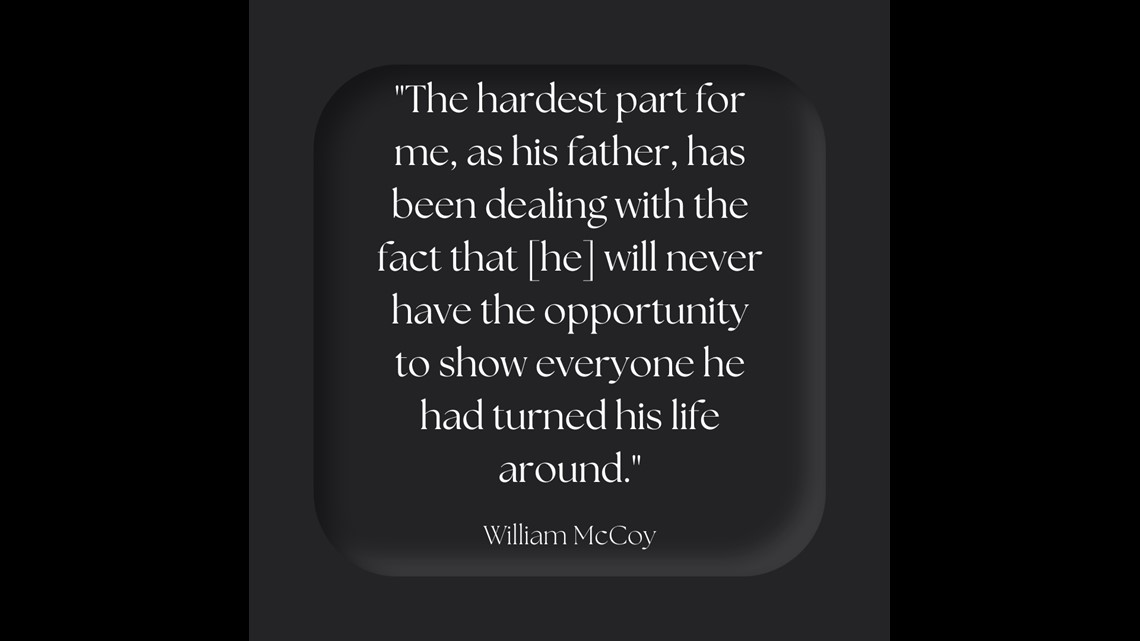 San Diego Sheriffs Office Faces Lawsuit Following Inmate Death
Apr 30, 2025
San Diego Sheriffs Office Faces Lawsuit Following Inmate Death
Apr 30, 2025 -
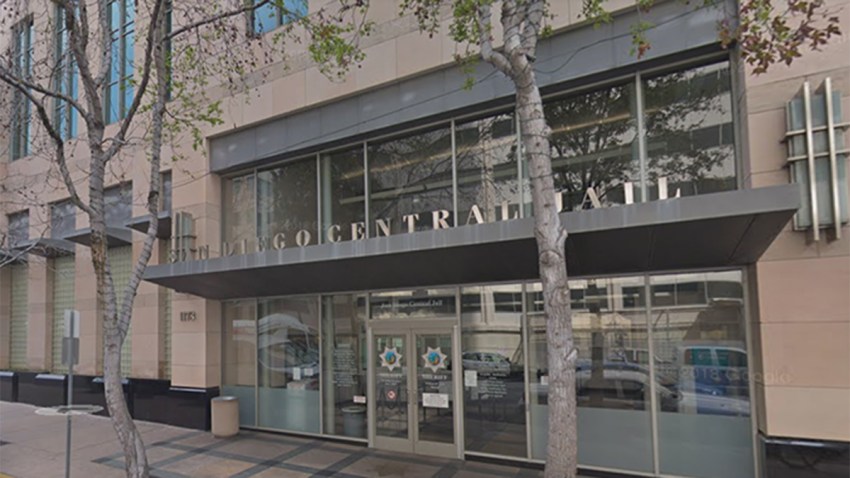 San Diego County Jail Lawsuit Family Alleges Cellmate Murdered Loved One After Torture
Apr 30, 2025
San Diego County Jail Lawsuit Family Alleges Cellmate Murdered Loved One After Torture
Apr 30, 2025 -
 Family Files Wrongful Death Suit Against San Diego County Sheriffs Office
Apr 30, 2025
Family Files Wrongful Death Suit Against San Diego County Sheriffs Office
Apr 30, 2025 -
 Incident Near Yate Recycling Centre Air Ambulance On Scene
Apr 30, 2025
Incident Near Yate Recycling Centre Air Ambulance On Scene
Apr 30, 2025 -
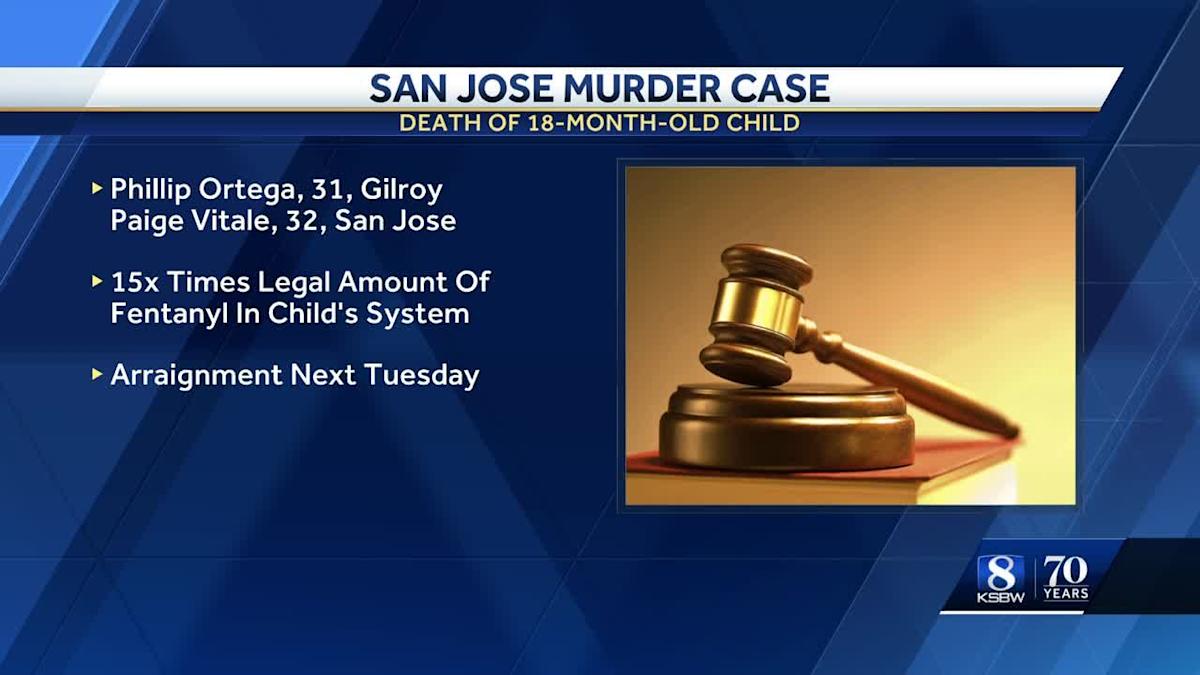 Family Files Lawsuit Following Inmates Alleged Torture And Murder In San Diego County Jail
Apr 30, 2025
Family Files Lawsuit Following Inmates Alleged Torture And Murder In San Diego County Jail
Apr 30, 2025
